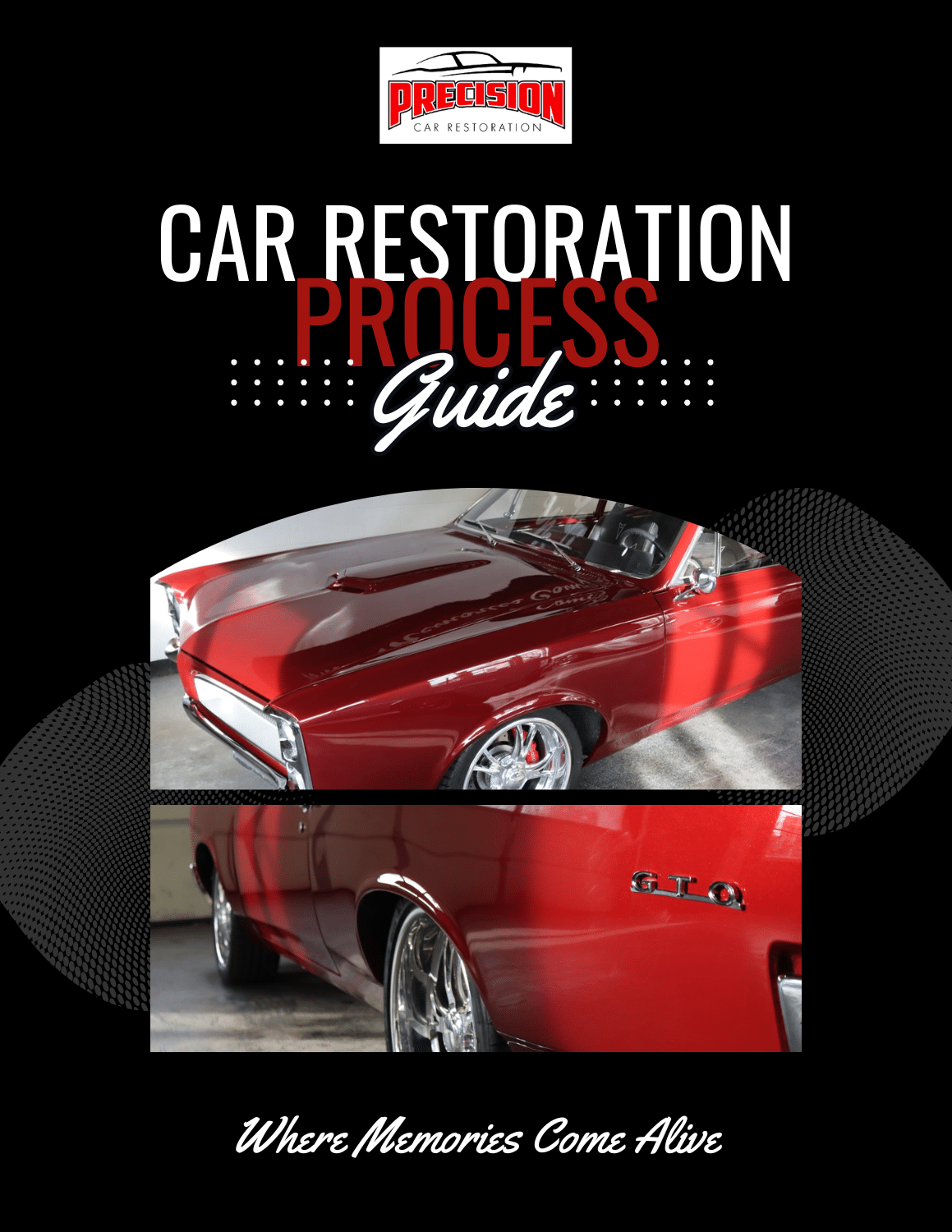Flat black paint is hot, and it’s a trend that continues to gain traction in hot rods and classic trucks. As with everything related to paint and bodywork, there is a right and wrong way to do it. A common misconception is that applying flat black is a time saver that requires less work than a traditional paint job. The truth of the matter is that flat black paint requires just as much prep work as a standard basecoat/clear coat application. The big benefit of flat black is that it does not highlight flaws in the metal work like a regular paint.
Like any good paint job, proper body work, priming, and prep work all need to come first when applying flat black. A good flat paint needs to be treated the same as if you were going to paint the vehicle with a glossy finish. The paint surfaces have to be sanded and scuffed, and the vehicle needs to be masked appropriately.
Not all satin or flat paint has to be clear coated. With new environmental regulation and a low demand for single stage-paints, you will most likely use a base clear. One important feature of choosing paint is to make sure that it has UV protection. If the paint does not have UV protection, the paint will start to fade and become chalky over a short period of time.
Flat paint must also be sprayed with the same techniques as a standard glossy paint. Apply the sealer first, followed by the base coat, and next the clear coat. On big difference is that flat paint requires a low-gloss or a satin-finish clear versus a high-gloss clear that’s typically used in a normal paint job. Likewise, when spraying flat paint it is crucial to have even coats, as heavier or uneven coats can change the sheen of the low-gloss clear.
One major advantage of flat paint is that it does not need to be buffed like a regular clear coat. This also has its drawbacks because the dirt nibs in the paint cannot be buffed out. Buffing will cause the paint to become shiny in localized spots, which is undesirable with flat black. Moreover, flat paint can also be troublesome when it comes to scuffs and scratches. With a normal clear coat, some scuffs can be sanded and buffed so the scuff will completely disappear. This is not the case with your flat paint. Since it cannot be buffed, you will not be able to sand out the scuffs.
Maintenance of flat paint is also challenging. Waxing and polishing is not an option since it will shine up the flat clear coat and will diminish the look of the overall paint job. The best option is to just use soap and water, and a clean towel to dry.
Overall, a good flat paint job can be cool and tough, but there are some pitfalls to take into account. It can be a time saver since it doesn’t have to be buffed, but maintaining the paint to keep it looking fresh is tricky. If you want the low-gloss look, go for it, and have fun with your hot rod.





